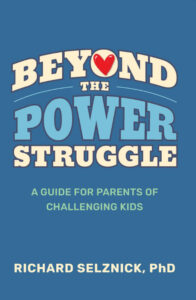“Does Spelling Matter?”
 Let’s say your 12-year-old sixth grader spells the following words:
Let’s say your 12-year-old sixth grader spells the following words:
- (brief) bref
- (should) shood
- (grown) gron
- (success) susess
- (educate) edcccate
- (result) resolt
- (kitchen) kicten
Then the child writes the following story to a prompt:
“Once a o pon a time there was a kid that was a million air and he whated to buy a house he look at so many house and finally found a house. but it needed a lot of work So the kid hierd lots of pepul to help him but after thay were all done the house went back to it whent back to the way it was.”
Or, perhaps you have an 8-year-old third grader who writes:
“I hrd a son. It was funne. My dad was beyenfunne was he dats Wen he was in the cr Wan we wr gown to the prck.”
(Translated as best I could after the child tried to tell it to me – “I heard a song. It was funny. My dad was being funny when he danced. When he was in the car when we were going to the park.”)
When the parents raised the issue of their concerns about their child’s spelling and writing, in each case the response was, “Well, spelling really doesn’t matter – they can use spell check. Teaching spelling is tedious and boring to children. We much prefer that they were creative.”
For those of you following this blog for a while, I am sure that you will predict that I respectfully disagree.
A study conducted where classroom teacher practices were observed, revealed that less than 5% of the language arts instructional block time is devoted to spelling or direct instruction in writing (compared with open-ended, as in “Write about your holiday.”)
For approximately 60% of the school population, this is not particularly relevant, as their skills develop along a natural trajectory. Spelling and writing develop through a type of osmosis
For the rest, simply saying, “They can use spell check” is not a substitute for the challenging work needed. Indeed, it’s arduous, often not fun, but leaving children in the state they are in, as in the samples above, is hard to justify.
In later blog posts we will offer home-based tips to work on these skills.
Feel free to make comment below.
To receive future blog posts, register your email: https://shutdownlearner.com.
To Contact Dr. Richard Selznick for advice, consultation or other information, email: shutdownlearner1@gmail.com.

 Copyright, Richard Selznick, Ph.D. 2023, www.shutdownlearner.com.
Copyright, Richard Selznick, Ph.D. 2023, www.shutdownlearner.com.






